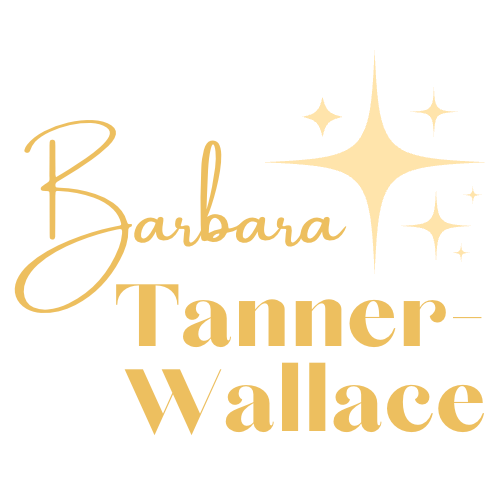A few months ago, I mentioned to a group of authors that I wasn’t interested in independently publishing my historical fiction, and they looked at me like I had two heads. Why on earth, they ask, would I endure the headaches and constraints of traditional publishing when, by publishing independently, I could maintain control and make more money?
This isn’t the first time I’ve gotten that question. Indie authors are quite adamant that traditional publishing is a poor career choice. Not only are you giving up editorial control, but you’ll end up working just as hard promotion-wise to earn 90% less in royalties.
I’ll admit, when you look at the numbers, indie publishing reads like the smarter choice, and it is for some authors. But like everything in this world, the path to publication isn’t black and white. Not every decision is based on money or control. The beautiful of today’s publishing landscape is that we are blessed with the gift of choice. Writers can make educated publishing decision based on what fits their needs. Having done both traditional and independent publishing, I have decided I want to be published with a Big Five publisher. Here are my reasons:
- I respect the gatekeepers. Maybe it’s because I first sold back in the days when there was no such thing as indie publishing, but I don’t have a problem with submission process. I knocked on doors for years before I sold. As the rejections piled up, I was forced to realize that the problem wasn’t with the agents and editors but with my manuscript. I doubled down on learning my craft and became a far stronger writer.It’s highly possible that, because I’m pivoting into a brand-new genre, that I will build another collection of rejections. If that happens, I will, once again, see it not as a failure of the system, but as a sign I have more to learn.
- Along the same line, I love editorial input. You read that right. I’m not one of those writers who believes my work is sacrosanct. Quite the opposite, in fact. Over the course of my career, I’ve come to love the collaborative effort that comes from working with a good, developmental editor. Writers can be too invested, and thus too protective of their writing choices. I like how a good editor forces me to set aside my ego for the sake of the story. I may not enjoy the extra work revision makes, but I have never regretted the final product.
- The key to making money indie publishing lies in having a long tail, that is, in having several titles available. The idea being that promoting one title will lead to sales of the others. Amassing titles requires you to write quickly. I am a very slow writer. I was when I wrote series romance, and I definitely am now that I’m writing upmarket fiction. Taking years between releases is not the best indie strategy.
- Adding to this, I don’t like the hustle. I understand all authors must be businesspeople, and that we must embrace promotion to survive. But indie publishing takes special kind of hustle. Financial success takes time, money, and an entrepreneurial mindset. It’s an entirely new learning curve. I have a friend who is a successful indie author. She’s dedicated hours to learning advertising techniques, email strategies, etc. I don’t want to do that. If I’m going to invest time, it’s going to be in becoming a better writer.
- Lastly, and most importantly, I want a trade fiction deal with a Big Five publisher. Simple as that. Selling book club fiction and seeing it in a bookstore has been my dream since childhood. I’m willing to take the financial hit to see that happen.
These are my reasons for choosing traditional publishing. I’m sure other writers will disagree. Once again, though, that’s the beauty of today’s publishing. There is no right or wrong decision. You can hold out for a Random House deal, become a self-publishing machine, spend years crafting the perfect literary classic or publish a book for family for friends. Our dreams, our careers, our choice.


